Sustainable development is the pathway to the future we want for all
My Royal Borough is committed to helping our local business community, help our environment and help preserve our beautiful Borough for future generations
Our vision is to be a Borough where the community collectively works together to achieve a sustainable future, protecting and enhancing our natural environment and achieving net zero carbon emissions by 2050.
The Climate Partnership aims to support businesses and communities in their sustainability journey through a range of resources, workshops, and networking opportunities. Click here to complete a short survey; your responses will help design programs that best suit your needs.
In today's rapidly changing world, incorporating sustainable practices into business operations has become crucial. This section aims to provide valuable insights, practical tips, and innovative ideas for SMEs to navigate the path towards a more sustainable future, ensuring long-term success while minimising environmental impact.
Set out below is some helpful guidance on Grants and Funding, Certification and Training, Support and Useful Links.
Grants & Funding
It is important for businesses to do their bit to protect the world we live in. So it's perhaps no wonder that many small businesses are looking for ways to become more sustainable.
What are sustainability grants?
A sustainability grant is simply a sum of money awarded to a business to help it to become more sustainable and environmentally responsible. Although the grant does not need to be repaid, there are often restrictions on how you can use the money and many also require a level of matched funding for the project. This means that if you are given £10,000 for example, you will also need to invest £10,000.
How do I decide which green grant is right for my business?
Given there are so many different sustainability grants available, it can be hard to know which one is best for your business. But an easy way to narrow it down is to search for grants specific to your area – many grants are only available to businesses in certain regions, which means there will be a number you simply won’t qualify for.
Other eligibility criteria to check include limits on the size of the business, whether you need to have been trading for a certain length of time and whether there are any limits on annual turnover.
Once you’ve narrowed down your list, then consider which grant best meets your business objectives. Check exactly what you can and can’t use the grant for to be sure it will work for you. Also check how much the grant will be for and whether you will be required to match funds – and whether this is possible.
How do I apply?
When you’re ready to apply for a sustainability grant, you should be able to do so via the grant provider’s website.
You will often need to download an expression of interest form first and fill in details about your business, including your business address, business description and number of employees.
Alternatively, you might need to email or phone the grant provider to discuss your eligibility and next steps. Details should be available on the grant provider’s website.
Once you’re ready to make your full application, it’s important to be able to explain how the grant will help your business achieve its goals and objectives. If you’re being asked to match the funding, make sure you have the funds available.
What grants and support are available?
Visit the websites below, which will have up to date information on the sustainable grants available:
• Funding to help business become greener Find funding to help your business become greener
• RBWM grants for businesses: Retail, Hospitality and Leisure Relief General information on grants available - check back regularly!
• Energy Saving Trust Grants and loans: Grants and loans for energy and transport from the Energy Saving Trust
RBWM Solar Together Purchasing Scheme for Solar Panels, you can sign to join the wait list now.
Make sure you check with your business bank, as many offer loans for green projects or activities; so it's worth including them in your search for sustainable funding.
Certifications and Training
Training and certifications are crucial for SMEs aiming to embed sustainability within their business. They equip businesses with tools and knowledge to implement eco-friendly practices, leading to cost savings and efficient resource use. As consumers increasingly value sustainable brands, certifications offer a credible badge of eco-commitment, enhancing brand reputation. Furthermore, as sustainability regulations intensify, being certified prepares SMEs for compliance, giving you a competitive edge. In essence, training and certifications not only pave the way for ethical operations but also provide economic advantages, making them indispensable for forward-thinking SMEs.
Listed here are suggestions of certifications and training that you, as a business could get involved with:
Register interest for Carbon Literacy Training
Find out about ISO14001 Environmental Management
Learn about B Corp Certification and what it means for your business
Discover more from Planet Mark and their Business Certification
Check out our Green Skills for Training page here
If you have any other specific needs, or ideas or suggestions to share, please email: Business@rbwm.gov.uk
Support and Networking
We understand that there is a lot of information here to digest, and we know that legislation and guidance changes frequently.
To help stay informed, do ensure you’re signed up to our My Royal Borough business e-news; we won’t bombard you, but you’ll be the first to know when important changes are announced. Like this one on the change in Single-Use Plastics that came into effect on 1st October 2023.
Help and guidance is also available through the Green Business Network who encourage ideas sharing and collaboration between like-minded local businesses.
Top 10 changes you can make to help your business to be more sustainable:
1. Switch to energy-efficient lighting and equipment.
2. Implement recycling and waste reduction strategies: Introducing a Waste Hierarchy can help reduce resources being used. Refuse (stop purchasing or accepting items), reduce (buying in bulk, reducing quantities, reducing packaging), reuse (reusable options, reusing containers and packaging), recycle (recycle as much as possible), rot (composting food waste, anaerobic digestion), and finally energy recovery (incineration of general waste rather than sending it to landfill).
3. Encourage employees to carpool, use public transportation or active transport such as walking or cycling. (Having somewhere safe to lock up a bicycle helps boost confidence.)
4. Tell your stakeholders you want to make a positive impact on the planet. People care and are interested in what businesses are doing.
5. Switch to green energy and/or invest in renewable energy sources, like solar panels.
6. Digitise documents and adopt paperless practices. When using paper opt for 100% recycled paper or FSC certified.
7. Support local and sustainable suppliers.
8. Implement water-saving measures, such as low-flow taps.
9. Encourage remote work (if possible) and flexible working hours to reduce commutes.
10. Educate employees about sustainability and encourage their active participation in initiatives.







